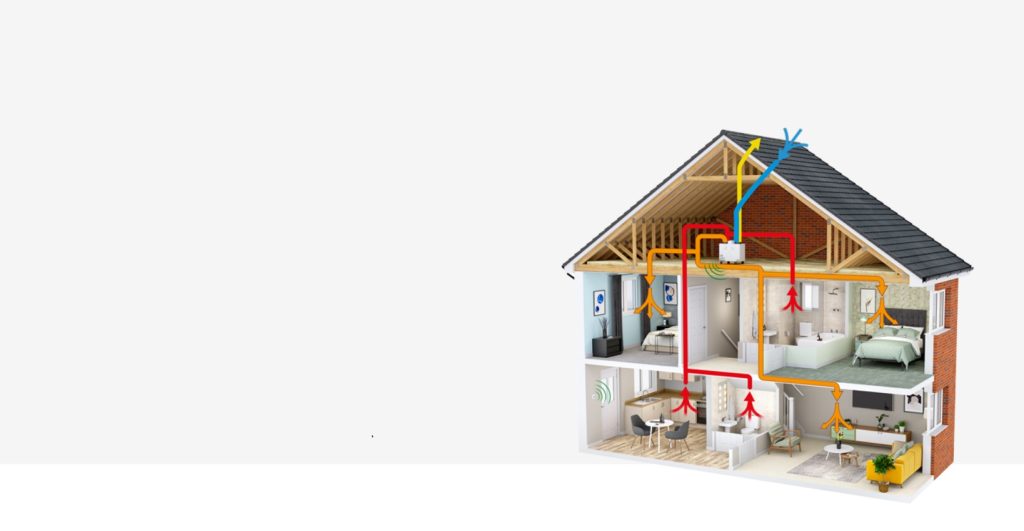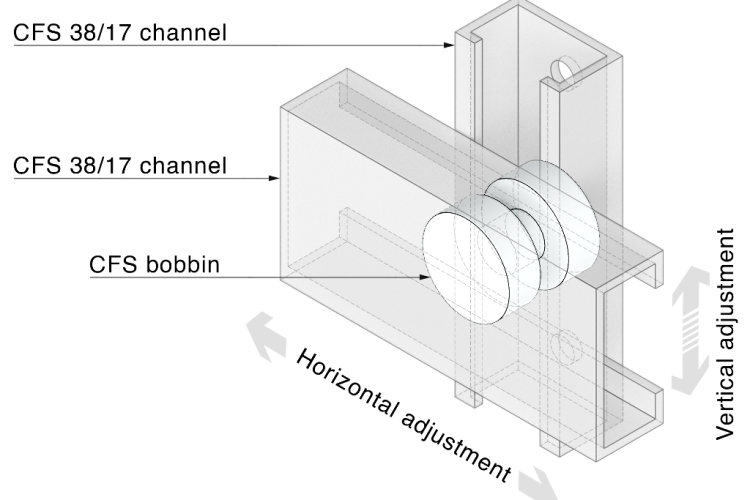Overhaul ventilation regulation or face asthma epidemic, report warns
A new report claims that the move towards energy efficient homes is causing a rise in indoor air pollution and a potential asthma epidemic.
Without changes to building regulations, the report claims the UK could see an 80% increase in asthma sufferers over the next 35 years. The report also suggests that building regulations have not properly considered the adverse impact of improved air tightness on indoor air quality (IAQ) and the health of occupants.
The ‘Future of Indoor Air Quality in UK Homes and its Impact on Health’ report by Professor Hazim Awbi, from the School of the Built Environment at Reading University, says that not enough is being done to ensure sufficient air exchange, causing pollutants to accumulate in the home and leading to deteriorating air quality.
“Increasing air tightness without installing adequate ventilation reduces air exchange, allowing pollutants to accumulate, and the quality of air to worsen. While current building regulations specify levels of air permeability and require sample testing, there is no similar requirement to test air exchange and ensure it meets levels safest for human health as recommended by the World Health Organisation (WHO). As energy efficiency measures increase, the situation is expected to significantly deteriorate,” the report says.
Professor Awbi explains that to protect human health there should be a requirement of an air exchange rate of 0.5 ac/h and that mechanical ventilation systems with heat recovery are key to delivering both healthy indoor air and energy efficiency.
However, the report also identifies problems associated with the installation of ventilation and recommends that much more needs to be done to ensure that the systems are fitted and working to specification. Similarly, the Professor raises concerns over their ongoing maintenance and the lack of operational knowledge by homeowners.
Liz McInnes, Shadow Minister for Communities and Local Government, said: “The issue of poor indoor air quality on health and particularly its impact on sufferers of asthma is sometimes overlooked by policy makers and health professionals. GPs play a crucial role in providing information and guidance to patients, but increasingly important is the role of local councils who are now responsible for public health. The conclusions of Professor Awbi’s report need to be fully considered, and government, health professionals, local councils and social housing associations need to work together on finding solutions.”




















